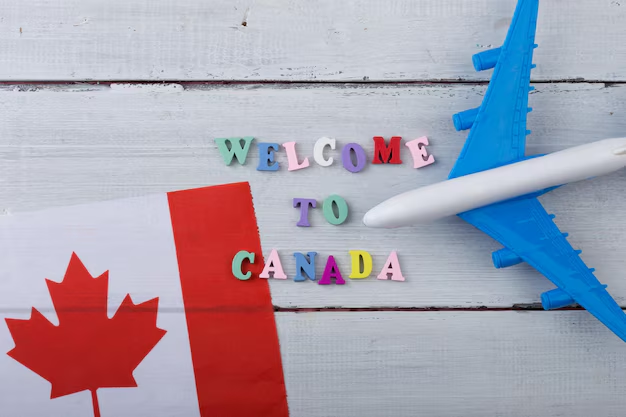

Quebec plans to welcome 45,000 new permanent residents in 2026, a drop from the previous year’s numbers. The new immigration levels plan, presented on November 6, outlines a range between 43,000 and 47,000 new arrivals. This means both the lower and upper limits have fallen compared to 2025, when the range was 48,500 to 51,500.
Economic immigration will continue to form the largest share of newcomers. About 64% of all permanent residents will come through this category.
More focus on temporary residents
For the first time, Quebec’s plan includes goals for temporary residents. In 2026, the province expects to admit up to 124,200 temporary foreign workers and international students, including those extending their permits.
Of the 45,000 new permanent residents, more than half (54%) will already be living in Quebec as temporary residents. The province will welcome:
Quebec also aims for about 76% of new permanent residents to have strong French language skills.
Quebec will continue to rely on temporary workers and students to support its labour market and education sector. In 2026, the province expects:
Among the foreign workers, 48% will work in agriculture, while 52% will fill non-farming roles.
To manage these arrivals, Quebec will issue thousands of Quebec Acceptance Certificates (CAQs)—official documents needed to study or work in the province. The province expects to issue between 43,400 and 63,700 CAQs for workers and 87,300 to 114,100 for students.
By 2029, Quebec plans to reduce its temporary population to about 65,000 workers and 110,000 students, roughly 13% lower than 2024 levels.
The government announced several changes to tighten immigration rules. It will extend the suspension of some Labour Market Impact Assessments (LMIAs) in Montreal and Laval until December 31, 2026.
Starting December 17, 2025, applicants for a CAQ under the Temporary Foreign Worker Program must meet a spoken French level of NCLC 4. Current foreign workers will get a three-year grace period to reach that level. Agricultural workers remain exempt.
Quebec also extended the suspension of its Refugee Collective Sponsorship Program until December 31, 2029. Applications already submitted will still be processed if they meet all requirements.
In addition, the Skilled Worker Selection Program will become the only permanent pathway for skilled workers. The Quebec Experience Program streams for graduates and foreign workers will close on November 19, 2025. The province will also end its three permanent pilot programs on January 1, 2026.
Quebec controls its own immigration system under the Canada–Quebec Accord of 1991, which gives it more authority than any other province. The Ministère de l’Immigration, de la Francisation et de l’Intégration (MIFI) manages programs, sets targets, and designs policies to support the French language and meet the province’s needs.
Anyone wishing to settle in Quebec must first obtain a Quebec Selection Certificate (CSQ) from MIFI before applying for permanent residence through the federal government.
Having an 'Identity Verified' badge or being 'Identity Verified' simply indicates that an individual has submitted information to complete our identity verification process or we have conducted internal verification using various authorized websites. While this process includes safeguards, it does not guarantee that the person is who they claim to be.
If you encounter any issues with this profile, please report them here. While all consultants who are verified have RCIC ID, we may not have the latest data in terms of their renewal/cancellation/discontinuation of their RCIC ID.
The "Verified Consultants" profiles are created using publicly available information, including data from the IRCC website, official consultant sites, other listing platforms, and social media. Immiperts.com is an independent platform, not affiliated with IRCC or any registered immigration consultants. To update, claim, or remove your profile, please contact us at [email protected].
╳